Digital data applications - the foundation for transparent finance
Speaking at the opening of the seminar, Mr. Pham Thu Phong, Editor-in-Chief of the Economic - Financial Magazine, said that along with the process of restructuring and perfecting the apparatus in the direction of "Sleek - Lean - Strong - Effective - Effective - Efficient", the Ministry of Finance identified institutional reform and management modernization as pillars to promote all development resources.
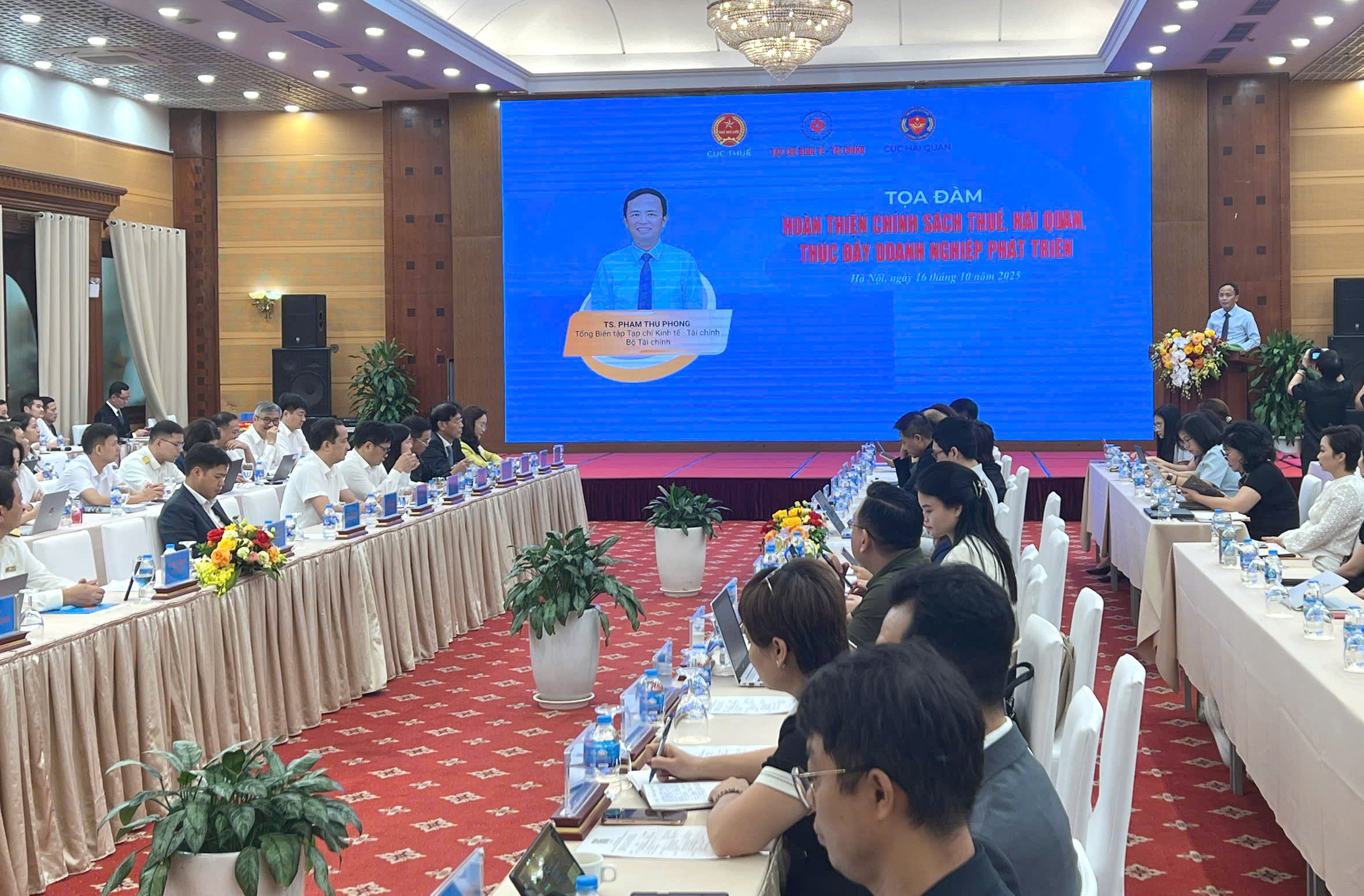
In the past two years, the Ministry of Finance has implemented a series of specific action programs: cutting administrative procedures, digitizing financial data, national budget, connecting with ministries, branches and localities. The goal is to create a public, accessible financial ecosystem, helping people and businesses fulfill their financial obligations faster, more accurately and transparently.
According to Mr. Phong, the tax and customs sectors - two "pillars" in the financial system, not only ensure budget revenue, but also directly contribute to building a transparent and equal business environment. "Administrative reform and digital transformation in these two areas have brought practical results, focusing on taxpayers as the center of service," he emphasized.
Also at the discussion, Mr. Dau Anh Tuan, Deputy Secretary General, Head of the Legal Department of the Vietnam Chamber of Commerce and Industry (VCCI), assessed that the reform of the financial sector has the broadest impact on the business community, because almost every business interacts with the tax and customs system. "Because of the great impact, reform here is also the most difficult journey, requiring perseverance and a spirit of persistent innovation," he said.
For example, in the initial stages of implementing the VNACCS/VCIS Automated Customs Clearance System and the National Single Window, the customs sector faced numerous challenges. Similarly, the popularization of electronic invoices and online tax declaration in the tax sector was not easy. But so far, these innovations have “radically changed the way the financial system operates”, creating a positive impact on the costs, productivity and competitiveness of Vietnamese enterprises.
“Not many countries can successfully deploy national e-invoices like Vietnam. This is a great step forward, highly appreciated by many foreign corporations,” Mr. Tuan emphasized. He also acknowledged the culture of dialogue and extensive consultation of the Ministry of Finance when amending policies, typically the Tax Administration Law: “Despite the urgent time, the Ministry still proactively invited businesses to discuss. That is the spirit of reform based on listening.”
Taking people and businesses as the center of service
From the perspective of state management, Mr. Tran Duc Hung, Deputy Director of the Customs Supervision and Management Department, said that the customs sector is conducting a "major surgery" on administrative procedures. In 2025 alone, 39 procedures were simplified and 15 business conditions were abolished. The sector is strongly shifting to risk management and post-audit, reducing direct intervention in businesses' import-export activities.
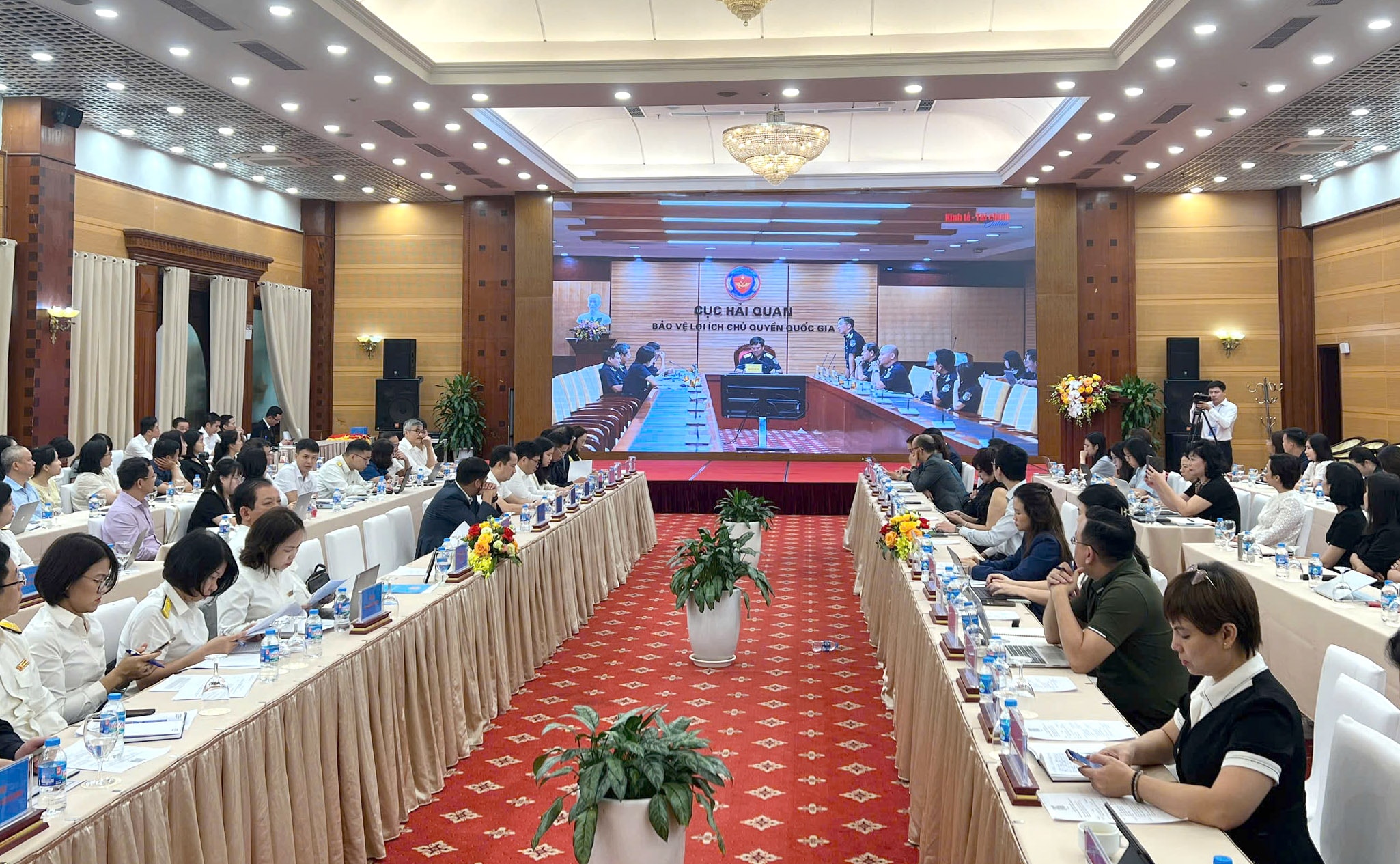
“The strategic goal by 2030 is to reduce pre-inspection and increase post-inspection, aiming for a red channel rate of less than 5% and a green channel rate of 70%,” said Mr. Hung. The entire industry is building digital Customs and smart Customs, in which most of the business processes are automated, helping to reduce customs clearance time and logistics costs - important factors to improve national competitiveness.
From the tax sector, Mr. Dang Ngoc Minh, Deputy Director of the Tax Department, said that a series of new policies have been issued in 2025 to support businesses. The Law on Corporate Income Tax (amended) has applied flexible tax rates: 15% for businesses with revenue under 3 billion VND/year and 17% for businesses with revenue from 3 to 50 billion VND. Newly established small and medium-sized enterprises are exempt from tax for the first three years of operation, creating a strong motivation for startups.
To date, 99.38% of operating enterprises have participated in electronic tax declaration. The Electronic Information Portal for Foreign Suppliers alone has recorded 176 units registering, declaring and paying taxes. In particular, connecting data from 471 e-commerce platforms is helping tax authorities monitor online transactions more effectively, limit revenue loss and increase fairness in policies.
An important upcoming reform step is to abolish the lump-sum tax calculation method for business households from January 1, 2026, switching to the declaration method - more transparent and fairer among tax payer groups. This is considered a major turning point in the journey to modernize Vietnam's tax system.
According to experts, recent changes in financial policies have not only helped businesses reduce costs and shorten processing times, but also increased confidence and predictability in the business environment - factors that are particularly important to international investors. In the coming time, tax and customs reform is not only a technical task, but also a decisive factor in national competitiveness in the period of deep integration. Applying technology, data transparency and placing businesses at the center of service are the keys for Vietnam to move closer to a modern public finance model.
Source: https://daibieunhandan.vn/day-manh-cai-cach-thue-hai-quan-tao-thuan-loi-cho-doanh-nghiep-10391231.html


![[Photo] Prime Minister Pham Minh Chinh meets with Speaker of the Hungarian National Assembly Kover Laszlo](https://vphoto.vietnam.vn/thumb/1200x675/vietnam/resource/IMAGE/2025/10/20/1760970413415_dsc-8111-jpg.webp)
![[Photo] Da Nang residents "hunt for photos" of big waves at the mouth of the Han River](https://vphoto.vietnam.vn/thumb/1200x675/vietnam/resource/IMAGE/2025/10/21/1761043632309_ndo_br_11-jpg.webp)
![[Photo] Prime Minister Pham Minh Chinh received Mr. Yamamoto Ichita, Governor of Gunma Province (Japan)](https://vphoto.vietnam.vn/thumb/1200x675/vietnam/resource/IMAGE/2025/10/21/1761032833411_dsc-8867-jpg.webp)








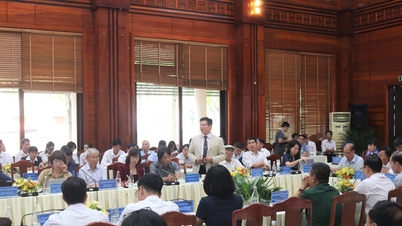









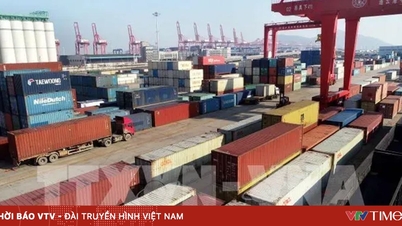

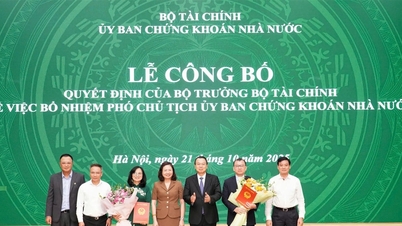
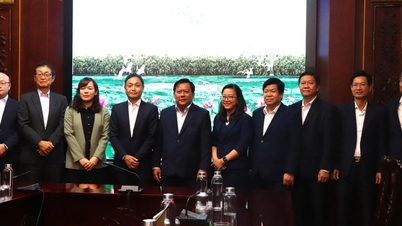




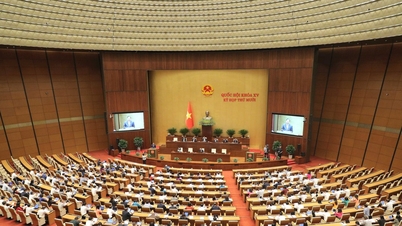


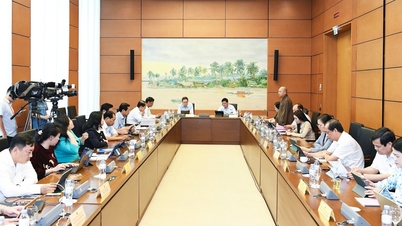
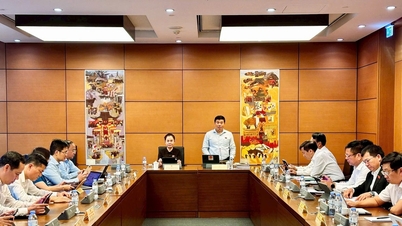
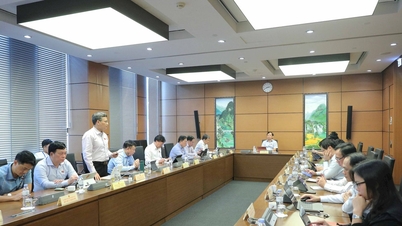





































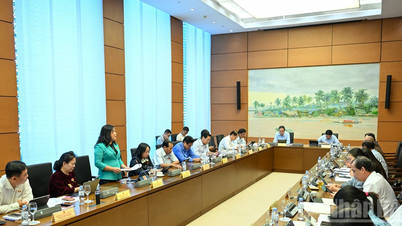
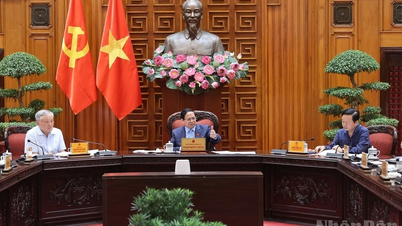

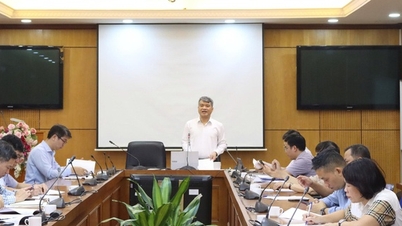
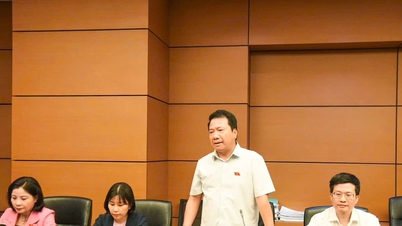
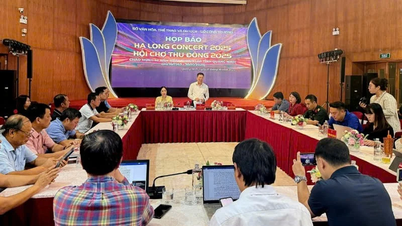











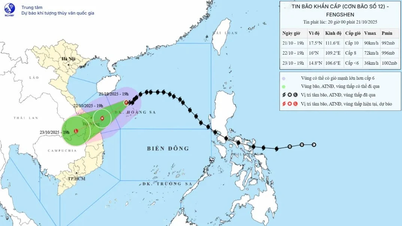

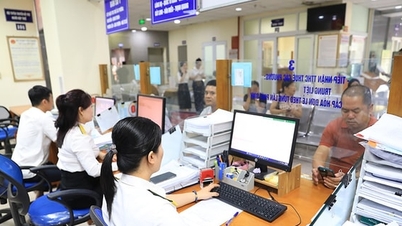


















Comment (0)